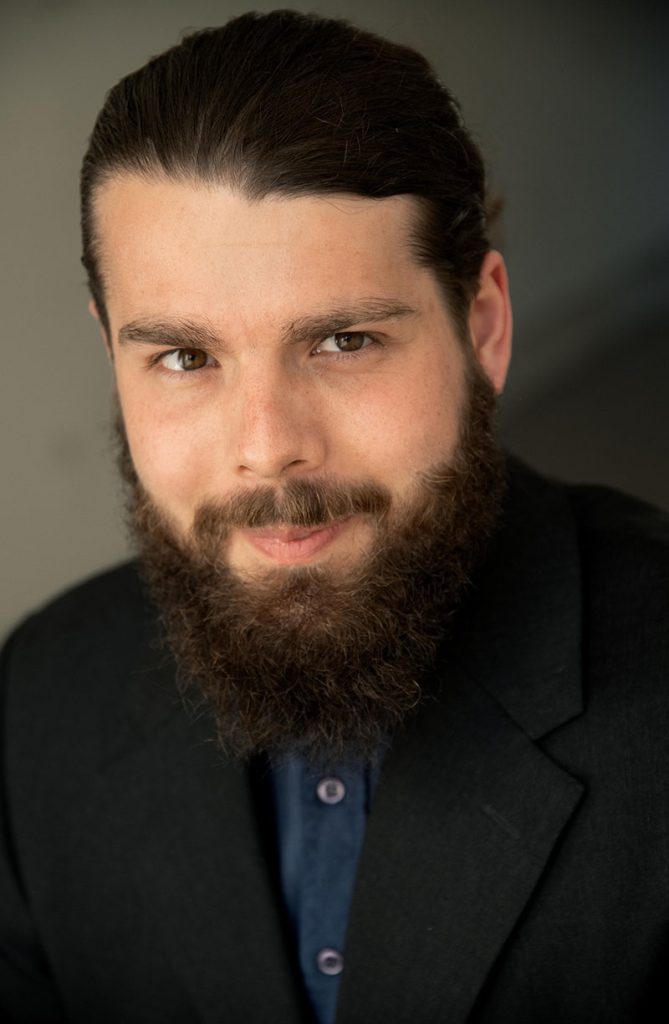Almost since I can remember I have been fascinated by language. Retrospectively, it becomes more and more apparent to me that my interest is predominantly in two aspects of language: first, its creative usage in literature, especially in poetry, which led me to study comparative literature and literary theory; and second, its nature as a (not coherent, but astonishingly well working) system of patterns and rules, i.e. grammar. Therefore, learning languages has been an important part not only of my academic but also my personal development from my very first semester (needless to say, my skills in different languages are unevenly distributed). In particular, my semester abroad in Paris (2017–2018) and an intensive language course in Jerusalem (2019), as well as being a tutor for Hebrew and Arabic for two years, were formative and highly valuable experiences in my studies.
Since October 2021, I have been pursuing my doctoral research as part of the international doctorate program “Philology: Practices of Pre-modern Cultures, Global Perspectives and Future Concepts” (Elite Network of Bavaria) at the LMU, which allows me to dedicate my research to questions of language thought in an interdisciplinary framework.
My PhD project is focused on early medieval Qaraite language thought, whose richness intrigued me from the moment I first heard of it. Departing from the editions that make Qaraite grammatical texts more widely accessible, I want to shed more light on the tension between grammar as the study of linguistic structures on the one hand and its function as a hermeneutical tool on the other, as well as its embedding in the broader framework of Qaraite language thought. In a threefold structure, I investigate assumptions and reflections on language in general, the terminological and conceptional description of specific languages (predominantly Biblical Hebrew), and rhetorical and stylistic issues. This endeavour also considers the relationship of Qaraite language thought with contemporary Arabic and non-Qaraite Jewish engagement with language. Finally, I want to understand the works of grammar under consideration as philological in the double sense of logos: on the one side, there is an extensive study of single words as linguistic structures, on the other, the entire engagement finally serves as an important instrument of understanding the Divine Law correctly.
S.Haffner@lmu.de lmu-munich.academia.edu/SimonHaffner
Areas of Interest
grammar, rhetoric, linguistic thought, Qaraite Judaism
Historical Periods of Interest
7th through 11th centuries CE
Education
2021
PhD Candidate in the international doctorate program “Philology: Practices of Pre-modern Cultures, Global Perspectives and Future Concepts” (Elite Network of Bavaria) (working thesis title “Karaite Grammar(s) Between Hermeneutics and Linguistics”; supervisors: Ronny Vollandt (Ludwig-Maximilians-Universität (LMU), Munich)
2022
BA in Near and Middle Eastern Studies, Ludwig-Maximilians-Universität (LMU), Munich
2021
MA in Comparative Literature and Literary Theory, Ludwig-Maximilians-Universität (LMU), Munich
2019
BA in Comparative Literature and Literary Theory, Ludwig-Maximilians-Universität (LMU), Munich


